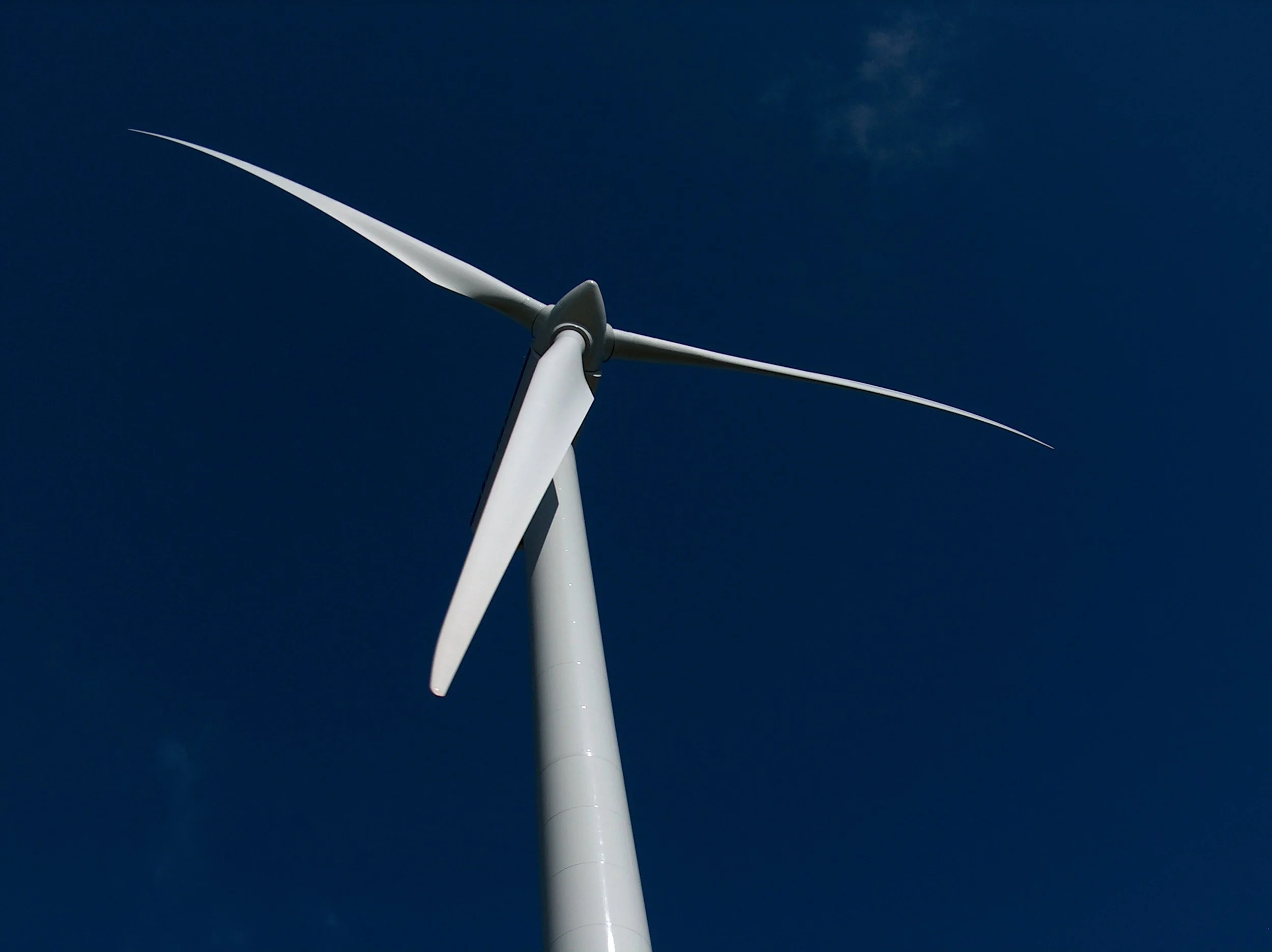Everybody has their favorite. The coal crowd hangs on for dear life, hoping for some miracle that saves the industry from terrible economics and miserable environmental impacts.
The nuclear crowd has mostly conceded that traditional nuclear power is a lost cause, awaiting death by attrition. Their hope for the future is SMR technology -- small modular reactors. However, even if SMRs can overcome the problems of inverse economics, NIMBY siting, lack of supply chain, no customers, and waste processing, they still face death by time lag. Every year that passes awaiting SMR commercialization is another year that natural gas, solar, and wind take power generation market share.
The natural gas crowd has economics on their side versus coal and nuclear, but they take a hit on CO2 emissions. However, the $/MWh economics will won't ever get significantly better, and will likely degrade. Natural gas is a bridge to a carbon free future.
That leaves solar, wind, hydro and the other renewables. Solar is coming on strong, but really requires integration with energy storage to solve dispatchability and intermitency issues. The capacity factor for utility-scale solar is limited to the mid-30s.
Currenlty, land-based wind has the best $/MWr economics of any power generation source. However, it too, has a limitation on capacity factor, maybe the mid-40s, needs a bit of energy storage for firming, on the order of a 10:1 power ratio, and requires beefed-up transmission lines. The energy imbalance markets, if expanded, may significantly increase the value of land-based wind.
My bet is on the darkhorse, off-shore wind, specifically floating off-shore wind turbines (FOWT). The Hy-wind FOWT project has demonstrated a capacity factor in the low 60s, which is astonishing. Many coal plants don't have that level of capacity factor. Off-shore wind can also supply coincident load power, which is highly valuable to the grid, and may eliminate the need for energy storage. Off-shore is a darkhorse because of the $/MWh economics. This may improve significantly as the supply chain becomes robust globally. Others are betting big on off-shore wind--US east and west coast states, China, Japan, and Europe, so I'm not completely alone.
In many ways, we're at an energy crossroads--out with the old, in with the new. Fortunately, the economics of carbon-free energy is already good, and improving quickly on all fronts--solar, wind, and energy storage. Who needs an environmental argument, when the dollar speaks so loudly?
